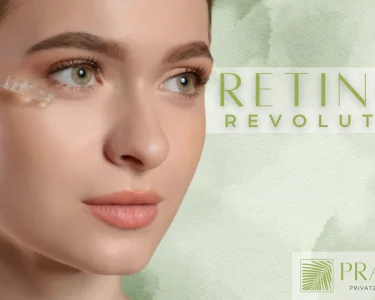Introduction: The Rise of Human Fetus Treatments
Human fetus treatments have gained attention in the beauty industry, with claims of remarkable rejuvenating effects. Some skincare products and cosmetic procedures incorporate ingredients derived from human fetuses, asserting that these substances possess unique properties that can enhance the skin’s appearance. This emerging trend has sparked curiosity, controversy, and a profound debate regarding the boundaries of ethical practices in pursuit of beauty.
Unveiling the Controversy: Ethical Concerns and Debate
The use of human fetuses in beauty treatments raises significant ethical concerns. Critics argue that it commodifies human life and exploits the vulnerable by treating them as mere resources for cosmetic purposes. The moral and legal implications of utilizing fetal tissue in the pursuit of beauty require careful consideration and dialogue. The controversy surrounding these treatments underscores the need for ethical scrutiny and responsible decision-making.
The Science Behind the Claims: Efficacy and Safety
Proponents of human fetus treatments cite potential benefits, such as improved skin texture, enhanced collagen production, and anti-aging effects. However, it is important to note that scientific evidence supporting these claims is limited and inconclusive. Rigorous research and clinical trials are necessary to assess the efficacy and safety of these treatments. Without reliable data, it is challenging to determine the actual benefits and potential risks associated with human fetus-derived ingredients.
Ethical Considerations: Balancing Beauty and Human Rights
The use of human fetuses in cosmetic procedures raises fundamental ethical questions. It involves navigating the boundaries between personal choices, bodily autonomy, and the ethical treatment of human remains. Respect for human dignity, consent, and the sanctity of life should guide discussions surrounding these treatments. Striking a balance between individual desires for beauty and the ethical considerations tied to the use of human fetuses is crucial.Legal Frameworks and Regulations: Addressing the Issue
The legal frameworks and regulations surrounding human fetus treatments vary across jurisdictions. Some countries have implemented strict regulations or outright bans on the use of fetal tissue in cosmetics. Others have less defined guidelines or lack specific legislation in this area. Governments and regulatory bodies play a critical role in addressing these issues, establishing clear guidelines to ensure the ethical and safe practices within the beauty industry.
The Importance of Informed Consumer Choices
As consumers, it is crucial to be aware of the ethical implications of the products and treatments we choose. By educating ourselves about the ingredients and practices behind beauty products, we can make informed decisions that align with our personal values. Supporting brands that prioritize transparency, ethical sourcing, and responsible manufacturing processes can contribute to a more conscientious beauty industry.
Conclusion
The use of human fetus treatments in the beauty industry is a contentious and morally complex issue. The controversies surrounding these practices underscore the need for critical examination, informed discussions, and ethical guidelines. Striking a balance between beauty aspirations and the ethical treatment of human life is a responsibility shared by consumers, industry professionals, and regulatory bodies alike.




